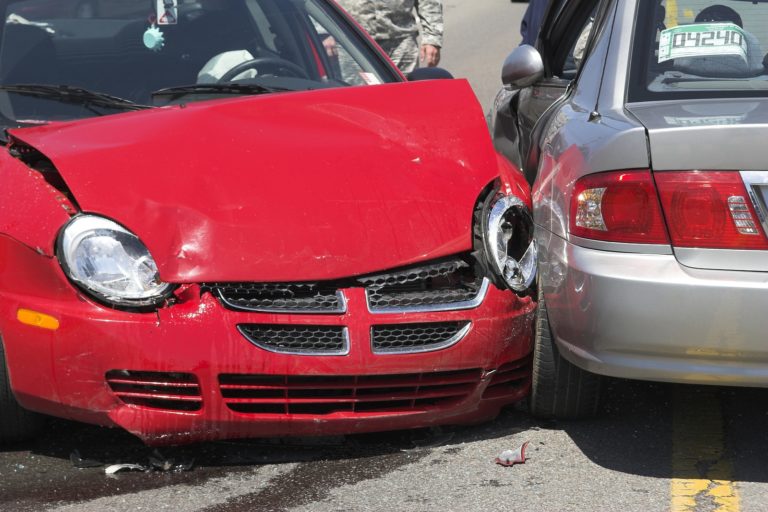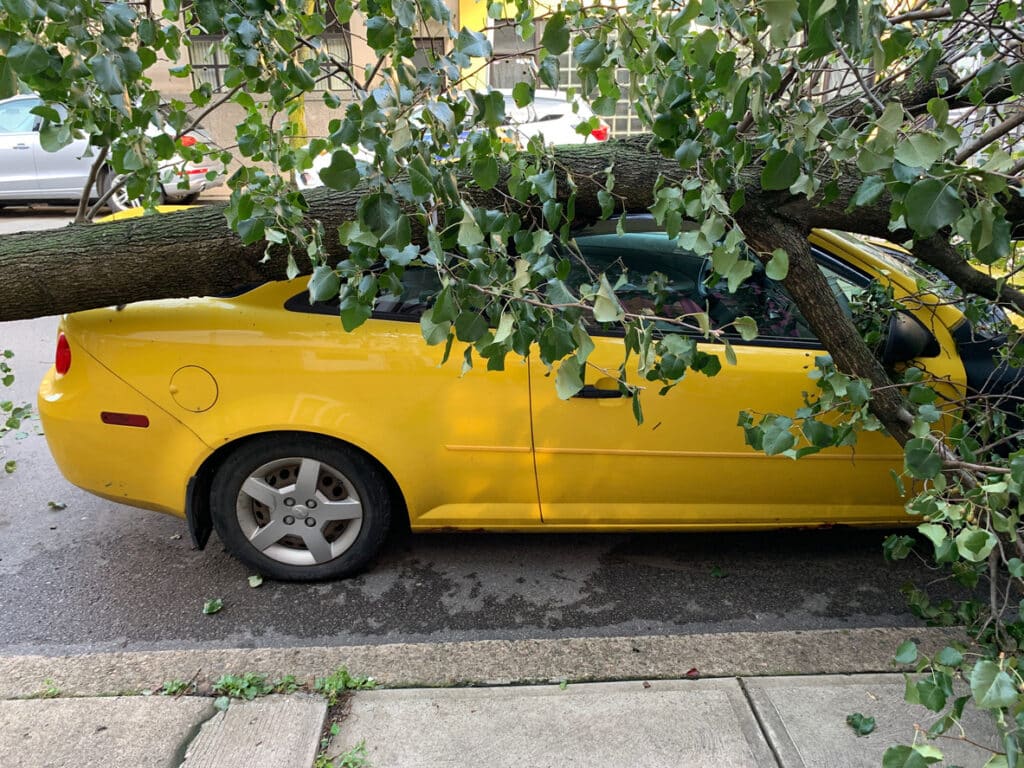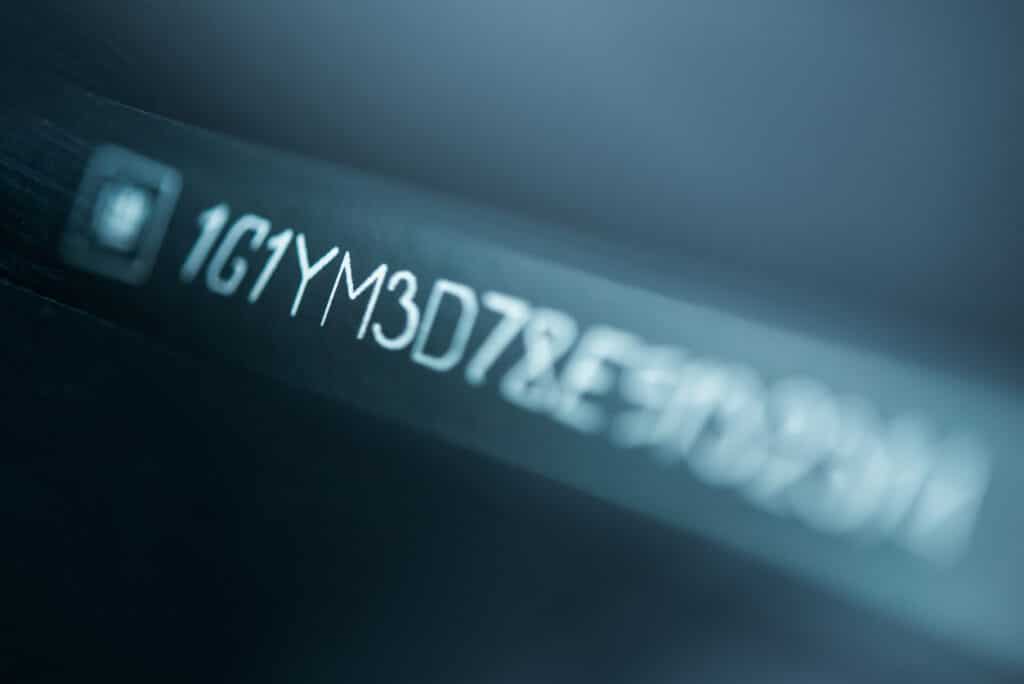What Happens When An Insurance Company Says Your Car Is Totaled?
Category: Car Accidents
Article by Heath A. Tuley

If your car is declared a total loss after an accident, you might wonder what happens next. Dealing with a damaged vehicle after a crash is stressful enough, but a totaled vehicle carries certain problems—including fighting your insurance company for a fair payout.
Unfortunately, the negligent driver’s auto insurer doesn’t always offer a settlement that fully covers your losses. The offer may be based on a lower-than-actual cash value of your vehicle. It might also fail to account for important factors, leaving you footing the bill for the difference to replace your totaled car.
In this article, our Evansville car accident injury lawyers explain the definition of a total loss, how to accurately calculate your vehicle’s worth, negotiation strategies, and other key information you need to receive the maximum settlement you’re entitled to.
What Is a Totaled Car?
A vehicle is considered a complete loss when its repair cost exceeds its worth, and some states, including Indiana, set a lower “threshold” amount for this determination.
State laws allow vehicles to be “written off” or totaled when they cannot be repaired safely after an accident. The standards for safety and repair costs vary from state to state. In Indiana, a vehicle is considered a loss if the repair cost exceeds seventy percent of the vehicle’s value.

What is GAP insurance?
Gap insurance may be helpful when you have less than 20% equity in your vehicle. What happens when your car is totaled while you are still making payments? Just because your vehicle has been totaled does not mean you do not still owe money on your vehicle loan. In fact, you are still required to pay the outstanding loan amount even if your vehicle has been totaled. And when the totaled value of your vehicle is less than what you still owe, gap insurance covers the difference between what your car is worth and what you still owe on your auto loan if it is totaled. For example, if your car is worth $15,000 totaled, but you owe $18,000 on your loan, gap insurance pays the $3,000 difference.
How Is the Vehicle’s Value Calculated?
After an auto accident, a body shop will inspect your vehicle to estimate the repair costs, and an appraiser may value your vehicle’s worth. All insurers have formulas to calculate the value of a totaled vehicle based on several factors. The goal is to determine a fair current market price—as if the vehicle were sold just before being totaled. Factors that go into calculating the value of a totaled vehicle include:
- Actual cash value (ACV). This is the primary method used. ACV looks at the market value of the totaled vehicle just before the accident, considering age, mileage, condition, options, and local market prices for that make/model.
- Replacement cost. Some policies may pay the full cost to replace the totaled vehicle with a new one of the same make/model, but coverage is usually limited.
- Depreciation. The insurer will calculate ACV by taking the original market value and subtracting depreciation based on age, wear and tear, and mileage. More depreciation = lower ACV.
- Comparable sales. Insurers will look at the sale prices of similar vehicles in your local market to help determine ACV. More demand = higher value.
- History. Your car’s accident history affects its resale value, resulting in a lower cash value.
- Condition. The car’s condition before the accident factors in. Better condition means higher value. Things like dents, rust, and needed repairs reduce value.
- Aftermarket parts/customizations. These can increase the ACV if they demonstrably raise the market value. But standard or common upgrades may not impact ACV.
What Is the Book Value of a Car?
A car’s book value refers to the vehicle’s estimated value based on age, condition, included features, and mileage. Guidebooks like Kelley Blue Book (KBB) and the Black Book compile data on sales prices, auctions, resale values, etc., to determine book values.
Book value is a widely used benchmark for estimating a given vehicle’s current market value. However, many variables impact a totaled car’s true market value.
How Can I Prove the Value of a Totaled Car?
If you reject a settlement offer, you will need evidence for your insurance claim that the offer you’ve rejected is inadequate. Doing a little research can have a big impact on the settlement sum.
Evidence that can indicate a vehicle’s true value might include photos of it before the crash, receipts for repairs and improvements on the vehicle, and estimates by other experienced auto appraisers.
What Do I Do With a Totaled Vehicle?
Ideally, the at-fault driver’s insurance company pays you the vehicle’s fair market value, hauls away the car as salvage, and processes the title so you no longer own it. According to Indiana’s regulations, the insurance company must process the title of any car, truck, or SUV that is a total loss.
These regulations aim to ensure that a totaled vehicle does not return to the market for sale. However, it’s still a good idea to run a vehicle’s history using its Vehicle Identification Number (or “VIN”) to discover any accidents or insurance claims involving a used vehicle.

Can I Keep a Totaled Vehicle?
Indiana’s law allows you to keep a vehicle that’s been declared a loss. However, there are a few legal requirements and caveats for drivers who want to retain ownership of a totaled vehicle.
First, you must apply for a salvage title from the Indiana Bureau of Motor Vehicles stating that the vehicle is damaged goods. From there, you can sell it to a salvage dealer, fix it yourself, or keep it as-is.
If you repair the vehicle, you can apply for a rebuilt title that will allow you to drive or sell the car again legally. Obtaining this rebuilt title requires a full inspection to ensure the vehicle is safe and roadworthy.
As a word of warning, it generally isn’t a good idea to keep a car that’s been totaled. Insurance companies don’t declare vehicles as total losses without reason, so there could be numerous safety risks lurking under the hood. You might also have a hard time finding a lender willing to provide car insurance coverage for a vehicle with a salvage title.
How Much Can I Expect From Insurance for a Totaled Car?
Suppose you have to negotiate with another driver’s auto insurer for a complete loss. In that case, your claim may not get an impartial decision. After all, insurance companies are only in the game to make money. Another person’s auto insurer may offer you a speedy, lowball settlement and hope that they will not hear from you again.
Insurance companies have a lot of tactics to undervalue or deny rightful claims. For example, if you reject a low offer for a complete loss, an insurance company might ask for even more details about the accident. Or you might be told, even after months, that your claim is “still pending” or “remains under investigation.”
An attorney can help you get a better settlement during negotiations. Insurers are more likely to deal fairly with clients who are represented by lawyers. The insurer knows that if they don’t offer an acceptable amount, the lawyer can take the matter to court—something that could be much more expensive for the insurer than simply settling the claim. They might be moved to alternative dispute resolution methods, such as mediation or arbitration, to resolve the case without going to trial.
You May Need Help to Get a Fair Total Loss Settlement
Total-loss accident victims have far more to worry about than their car’s replacement value. The severity of these crashes leaves drivers and passengers in severe pain, unable to work, and undergoing constant medical treatment.
If you’re hurt by a negligent driver in the state of Indiana, you’re owed more than property damage costs. You’re entitled to complete reimbursement for all of your accident-related medical expenses, lost wages, lost earning capacity, and more. Our legal team can help you gather medical records and wage statements to document the full extent of your losses, and determine if you could be owed pain and suffering damages based on the facts of the case.
The legal team at Tuley Law Office has decades of combined experience to assist you throughout the legal process. Contact our team today for a no-cost case evaluation if you have suffered any serious injuries in a collision.
Have questions about your case?
Contact us
